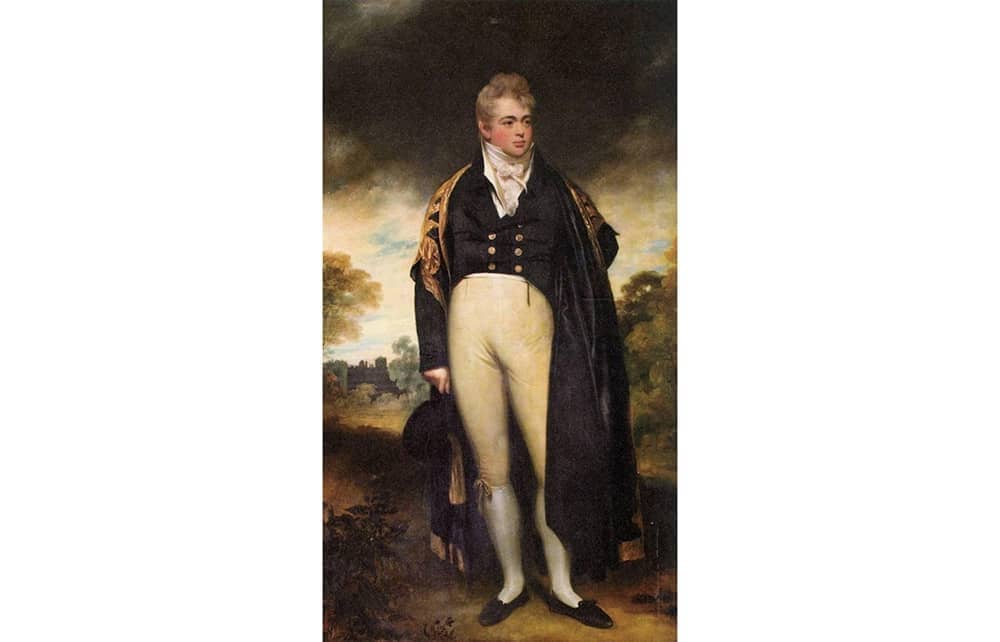When the 13 colonies of the United States declared independence in 1776, the first country to recognise the new nation was France. Other leading European powers, such as Britain and Spain, acknowledged its arrival at the Treaty of Paris, two years after a decisive victory by American forces. Yet when Haiti asserted independence in 1804, it was ostracised by Britain, France, Spain and the US. During its first fragile years as a fledgling state, that self-declared guru of liberty Thomas Jefferson even imposed a rigid blockade while president. Washington then took more than half a century to recognise its Caribbean neighbour.
The reason for such contrasting attitudes towards the first and second independent nations in the western hemisphere was simple. The island of Hispaniola, which today hosts Haiti and the Dominican Republic, was the crown jewel of European colonies, the source of more than half the world’s coffee and almost a third of its sugar. These valuable crops were produced by the biggest slave population in the region, who were treated with hideous brutality until – partially inspired by the French revolution – they threw off their shackles. This historical turning point, an uprising of slaves that defeated the world’s two greatest powers and then banned white ownership of land, challenged the dominant and deeply racist view of the world.
As the Haitian historian Jean Casimir has written, his state was ‘born into a world that considered its very existence inconceivable and undesirable’. According to Kris Manjapra, a Bahamian-born professor of history at Tufts University, the new country became a cipher for racist tropes about barbarism and violence: ‘The idea of black freedom prompted sweaty night tremors about the fall of other plantation societies.’ France, having calculated that re-enslavement of the Haitian people was not possible by force, opted instead to make its former colony ‘kneel and crawl into the community of nations’ by paying a huge fee for freedom. This took more than a century to discharge and crippled the country with exorbitant debts.
Manjapra believes this was the template for emancipation, leaving black people dispossessed by reforms that were proclaimed as freeing them but instead simply reinforced an existing racial caste system. In Black Ghost of Empire he argues that if we are to understand the shadow cast by slavery that still haunts the world we must see the flaws inherent in its abolition. ‘Slavery constituted a centuries-long war against African peoples. And the emancipations – the acts meant to end slavery – only extended the war forward in time.’
Much of his analysis is valid. Slavery in British colonies was infamously cruel, with the sugar plantations of the Caribbean little more than slaughterhouses: cheaper to buy than breed, declared some pitiless bosses. Slave-owning MPs frustrated reform efforts, while Wilberforce, our best known abolitionist, was overly cautious and consensual. The result was an act of emancipation that extravagantly rewarded owners – even paying compensation for slaves who had gone missing many years earlier – and grotesquely restricted the rights of black workers, including forcing them to serve ‘apprenticeships’ involving four more years of unpaid work, often under even worse conditions. ‘Do not listen to the advice of bad people, for should any of you refuse to do what the law requires of you, you will bitterly repent it,’ warned Howe Browne, Marquess of Sligo and governor of Jamaica.
This forced labour was worth £27 million – equivalent to £200 billion today – that came on top of £20 million paid on behalf of 800,000 slaves to 44,441 owners for their lost ‘property’. To put this sum in perspective, it was 40 per cent of the national budget, and took until 2015 to finally redeem the loans taken out to cover the costs. Later, the Treasury boasted on social media that ‘living British citizens helped pay to end the slave trade’ – although, as Manjapra points out, we were really co-opted into paying vast reparations to wealthy families who were guilty of atrocities. Much of their windfall was rapidly invested in other parts of the world that permitted slavery.
The author goes on to examine the inequalities embedded in emancipation in the United States that, he argues, typify how such moves prolonged the oppression of black people. He stumbles in his over-zealous desire to claim the impact of black and female activists, while brushing aside the critical influence of all those white male revolutionaries who promoted liberty, equality and fraternity for humankind – and, indeed, of key radicals in the anti-slavery movement, such as the indefatigable Thomas Clarkson. Many might quibble with his conclusion on the urgent need for reparations. Yet he raises important issues too often ignored in the smug western narrative of slavery’s termination, and on the lethal global impact of our imperialism.






Comments